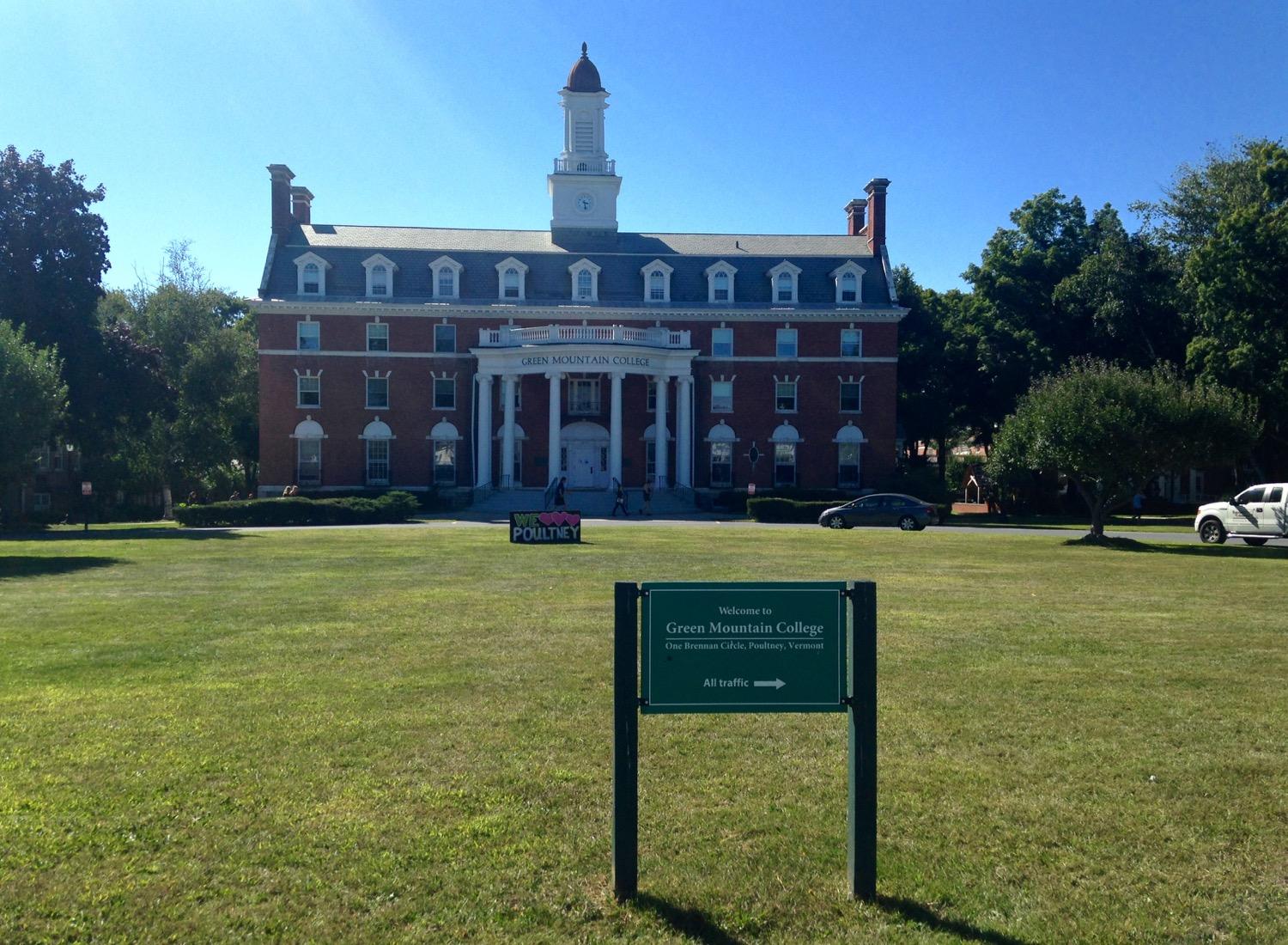
Dear Commons Community,
In yesterday’s edition, The Chronicle of Higher Education’s Scott Carlson and Goldie Blumenstyk reviewed the decision of the trustees of Green Mountain College to close its doors at the end of this semester. Their fundamental message was that even though GMC had a niche in higher education and an excellent reputation, it was not enough to fend off declining enrollment and financial pressures. Inside Higher Education reported on GMC’s announcement earlier this year:
“The college, a small private institution in Vermont, has a 185-year history and is known for its environmental programs. But the college’s announcement said it couldn’t attract enough students or a partner to maintain operations in a way that served students. Closure is expected after the end of this semester.
The news is likely to add to concerns about the health of small private colleges that don’t have substantial endowments or large student bodies. New England institutions appear particularly vulnerable. … Hampshire College in Massachusetts announced that it was exploring partnerships and wasn’t sure it would admit freshmen for the fall. Another Massachusetts institution, Newbury College, announced in December that it would close at the end of this academic year. And Mount Ida College, located outside Boston, announced in April that it would close. Also last year, Atlantic Union College, also outside Boston, announced that it would close.
The College of St. Joseph, in Vermont, nearly closed last year but said it would try to keep operating. Its goal has been to hit an enrollment of 235.
Colleges in New England are not the only ones facing tough times. Bennett College, a historically black women’s college in North Carolina, is at risk of losing its accreditation, which would likely lead to the college’s closure.
Barbara Brittingham, president of the New England Commission of Higher Education, accreditor to all of these institutions, said via email Wednesday evening that the association has been in regular touch with Green Mountain.
“The leadership at Green Mountain College has worked very hard to find options for their students in these difficult circumstances,” she said.
Asked if she expected more closures, she said, “Likely so, though I wouldn’t put a number on it. The demographics in New England are very challenging, and the farther north you go, in general, the more challenging it gets.”
Robert W. Allen, Green Mountain’s president, announced the news in a letter on the college’s website.
“The decision to close Green Mountain College comes only after a tireless pursuit of multiple options to remain open, including the rigorous search for new partnerships and reorganization of our finances,” said the letter. “Despite our noteworthy accomplishments related to social and environmental sustainability, we have not been able to assure the economic sustainability of the college. Financial challenges are impacting liberal arts colleges throughout the country and Green Mountain College is no exception. These financial challenges, the product of major changes in demographics and costs, are the driving factors behind our decision to close at the end of this academic year.”
Green Mountain is working with Prescott College, in Arizona, to enroll its students who won’t finish degrees this year. Prescott and Green Mountain are members of the EcoLeague, a group of six liberal arts colleges with an environmental focus. Sterling College, which like Green Mountain is in Vermont and focuses on the environment, also announced that it would work to welcome students from Green Mountain.
As the article indicates, this is a very difficult time for small, private colleges with little or no endowments. We will sadly see more of them closing in the years ahead.
Tony


